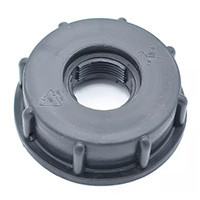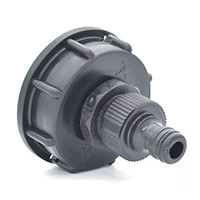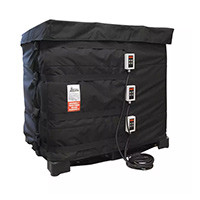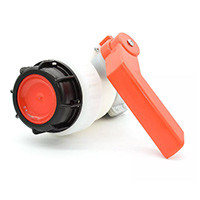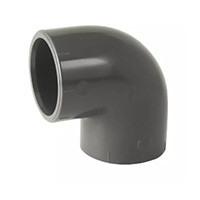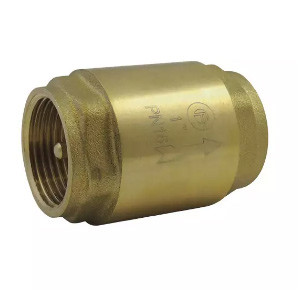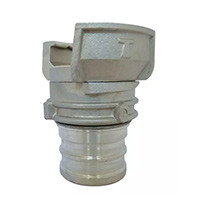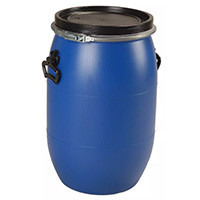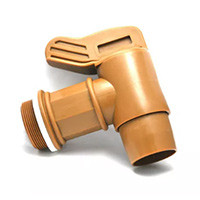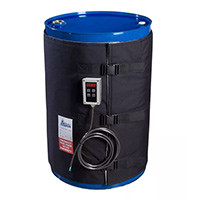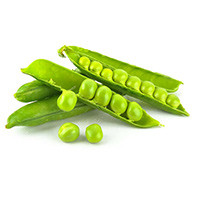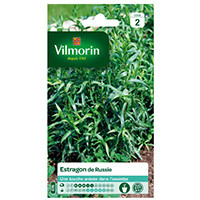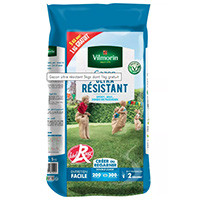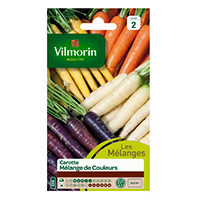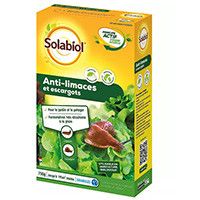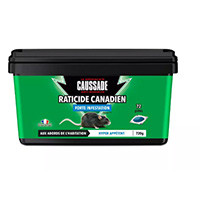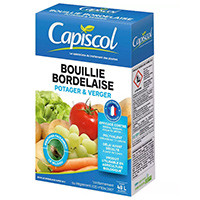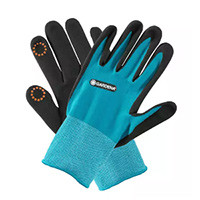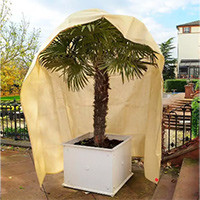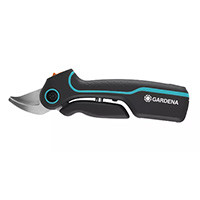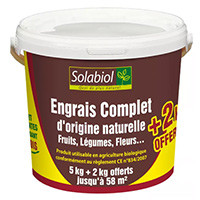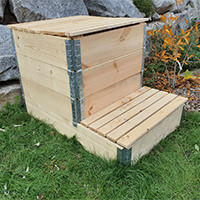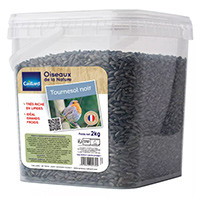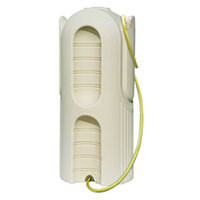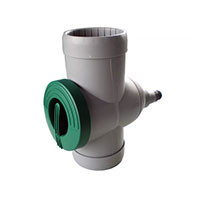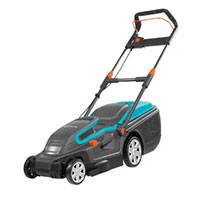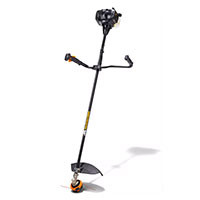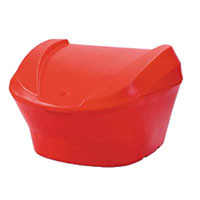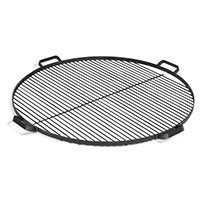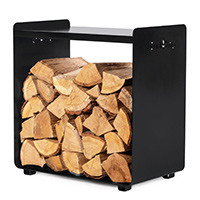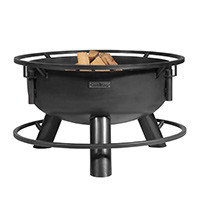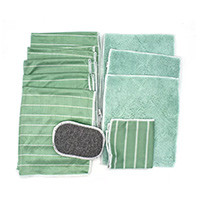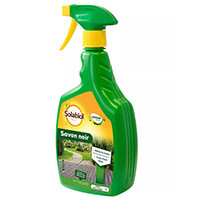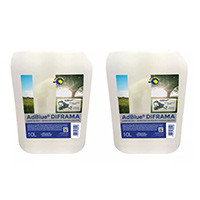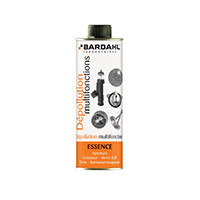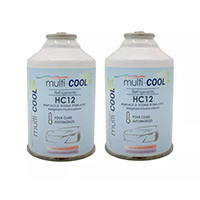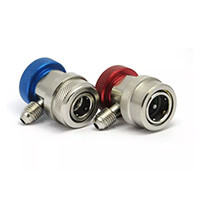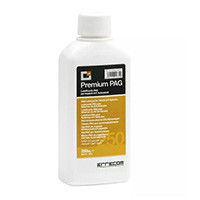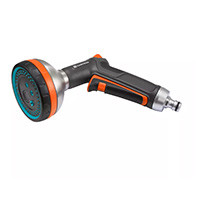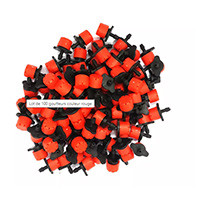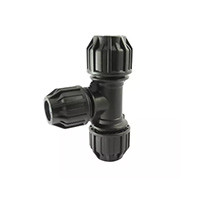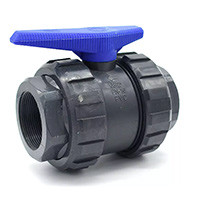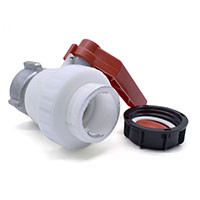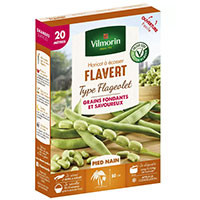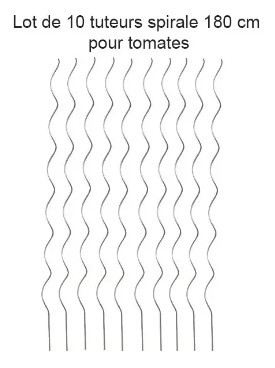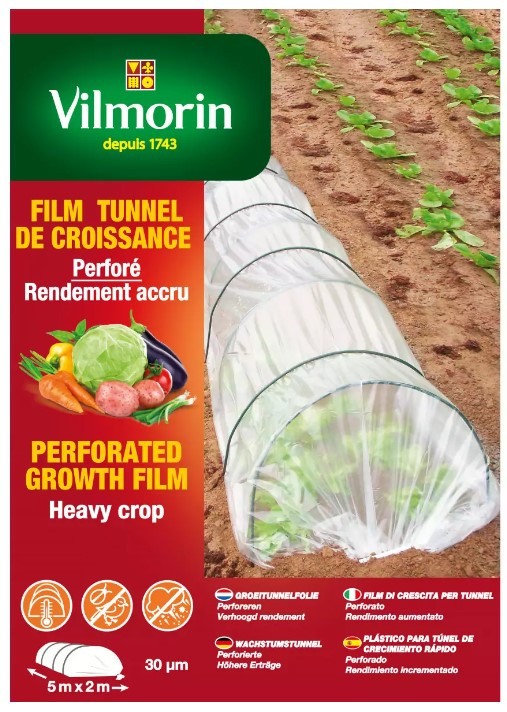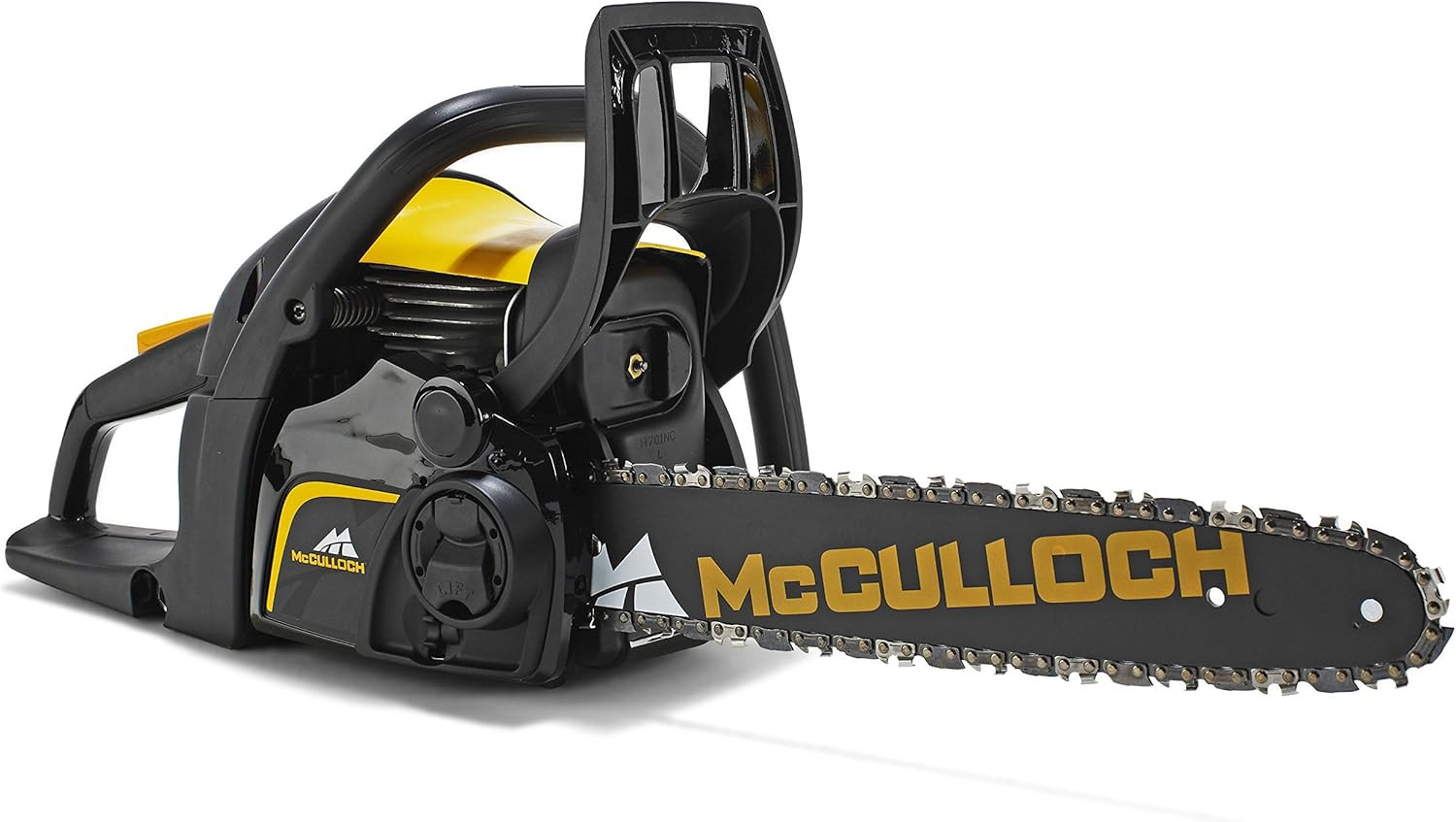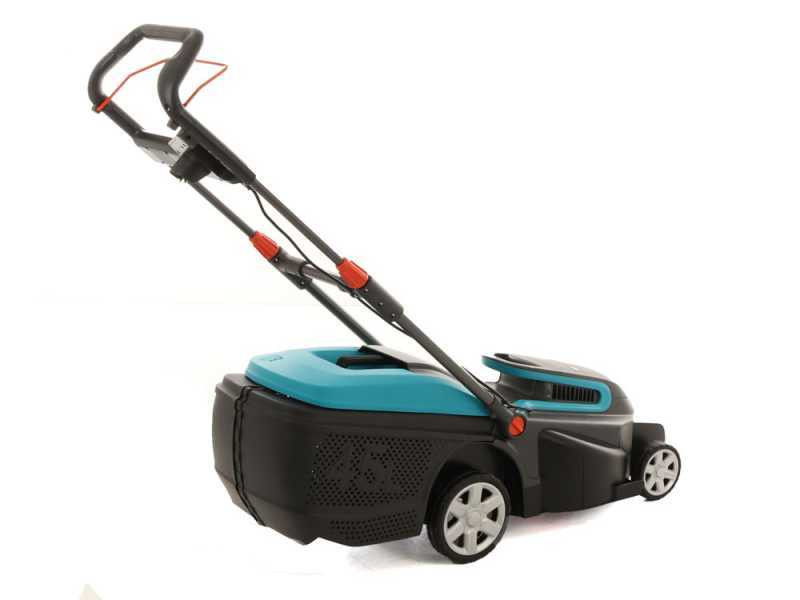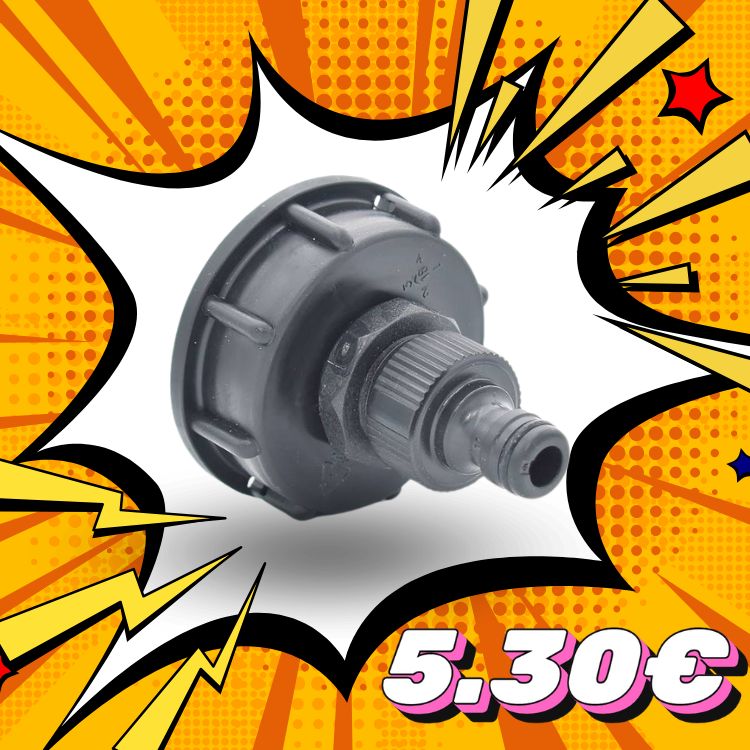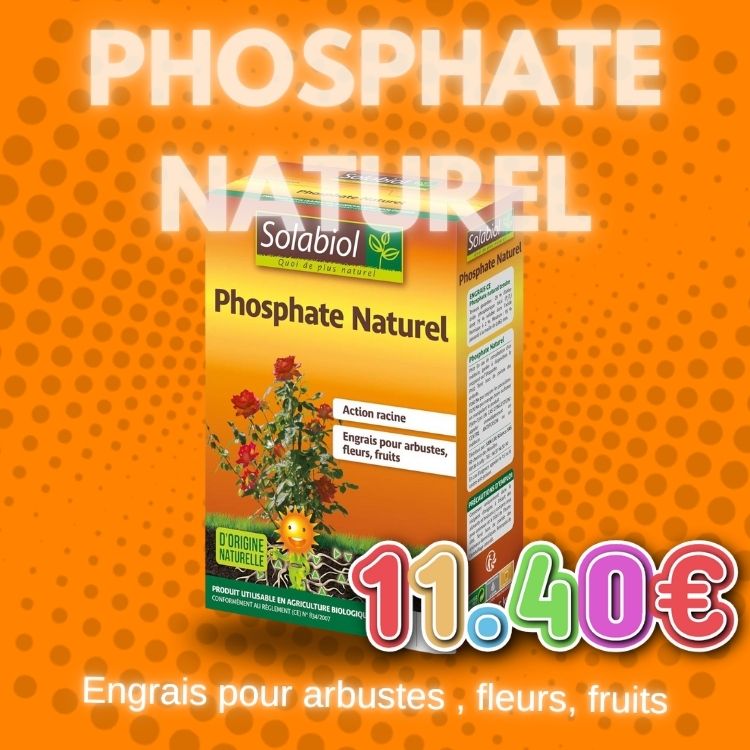How to filter your water?
Drinking good quality drinking water is a constant concern for each and every one of us. It can be water from a stream that you want to drink during a stay in nature, as well as tap water when you are back home. In any case, there are many solutions to filter your water.
Drinking stream water
When spending time in nature, it is not always possible to have permanent access to drinking water. When stocks are exhausted, what to do?
First of all, let's mention the filter bottle. With its built-in filters, it is the simplest solution to be able to immediately drink water from a stream. Collect the water, and drink!
This is of course not a sufficient solution when you need larger amounts of water. In this case, chemical purifiers can be used. Available online or in specialized stores, these are tablets that are added to water. It takes a few minutes for them to act and the water is ready to be drunk. But, of course, this is a chemical solution that not everyone wants to use. Are there more natural solutions? Yes, absolutely! Let's find out together.
There is of course the boil ! When it is possible to heat the water in one way or another, it remains one of the best solutions.
If, however, you're in the middle of nowhere and you're running out of water, here's how to make a filter with what's around you:
- Turn over a plastic bottle and cut out the bottom;
- Place a cloth on the neck;
- Add in the bottle and in this order: coal (if you have any on hand), a layer of sand, a layer of gravel, a layer of sand, a layer of gravel and so on.
Then pour the river water and recover purified water in the glass placed under the neck of the bottle and which will therefore be passed through this improvised filter.
Purify tap water
When you get home, the water quality issue can remain unresolved depending on where you live.
A point solution is to filter the water when poured into a decanter. There are natural solutions to do this such as ceramic beads, Moringa seeds or vegetable charcoal. You can also get decanters with integrated filters whose cartridges just need to be changed.
For a more permanent water filtration solution, it may be interesting to consider the installation of a filter directly on the water inlet valves or the acquisition of a water osmosis unit that is usually placed under the kitchen sink.
Choosing the right tap water filter
There are several factors to consider before investing in a water filtration system to attach to the kitchen faucet.
The essential thing is of course its compatibility with your faucet. This seems obvious, but unfortunately, some models are not compatible with all types of faucets. So that's the first thing to check.
A little tip not to be mistaken: when measuring the diameter of the faucet to be equipped with a filter, take the internal measurement as well as the external measurement, or better yet, unscrew the faucet and take it with you if possible. Indeed, there is on the one hand the size of the valve that can influence the compatibility of the filter, but also the type of valve.
Another criterion that is important: clutter. Depending on the dimensions of your kitchen and sink, be sure to opt for a filter that will not interfere with the use of the faucet if, for example, you need to fill large containers, or that will not be damaged too easily if, for example, children frequently use the faucet.
The osmosis solution
The installation of an osmosis unit requires some plumbing skills, but nothing too complicated all the same and the result is optimal. Located under the sink, this machine has several filters: sediment filters, activated carbon filter and membranes to block the passage of particles. This device ensures excellent filtration.
To conclude
Please pay attention when researching and purchasing to the price of the filters you will need to purchase, as well as the frequency of their replacement. These costs should certainly be included in your budget to avoid any unpleasant surprises. And finally, don't make the mistake of confusing filters and reverse osmosis with water softeners. They are two very different things. Filters clean the water to make it drinkable and/or of better quality, while softeners are there to correct its hardness.

